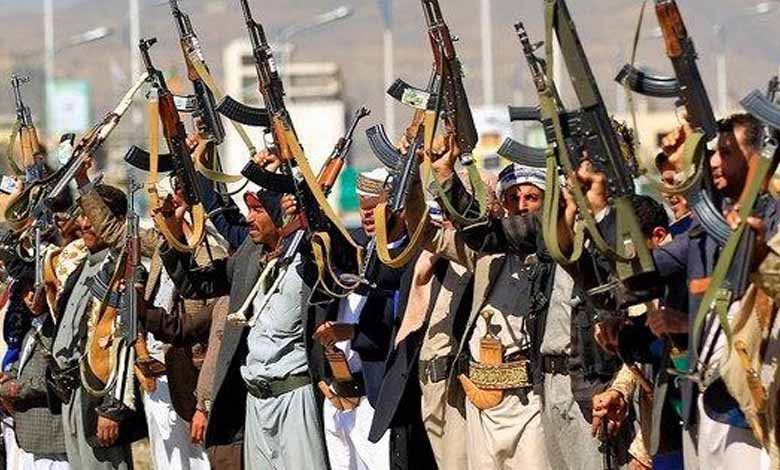UN Security Council discusses efforts to extend humanitarian truce in Yemen

The Houthi group views the U.N. truce in Yemen as a “political battle” or “imposition of wills,” which has hindered the process of understanding in order to establish peace in the country. Meanwhile, the U.N. Security Council is holding its monthly meeting today to discuss the latest developments in the political, military and humanitarian situation in the country, especially the truce that ended in early October, without renewal, due to the refusal of the Houthi militias to extend it for a new and expanded period.
Hans Grundberg, the United Nations special envoy to Yemen, is expected to brief the Council on the latest humanitarian truce, which ended on October 2 without an agreement to renew it, after Houthi militias rejected his latest proposal for an expanded truce, and set “extreme” conditions to accept its extension, according to the Yemen Future media platform.
Grundberg talks about the UN and international efforts to reactivate the truce, and the discussions he held with the various parties to the conflict with the aim of bringing viewpoints closer together in the hope of agreeing on a broad truce, according to his proposal, which would give more room to negotiate a ceasefire, hold talks on economic and security issues, and prepare to resume a political process to end the conflict, which has lasted for more than seven years.
The Houthi group, which is not serious about establishing security and peace in Yemen, earlier this month rejected the truce extension, predicated on its long-standing policy of dodgy, procrastination and bullying abroad.
The Houthi group’s intransigence comes despite the legitimate government’s acceptance of the terms of the truce extension, which include: opening new air routes from Sana’a airport, opening Hodeidah’s port, opening roads in Taiz city, and agreeing that the Houthis deposit revenues from Hodeidah port into a special account under UN supervision through which employees’ salaries are paid in Houthi-controlled areas, with the legitimate government covering the shortfall in salaries from revenues in areas under its control.
Last week, Linderking called on the Iran-allied Houthis to show more flexibility in the negotiations, specifically on the proposed UN mechanism for paying public sector salaries.
The UN is pushing for the extension and extension of the truce on the basis of a previous two-month truce, which ended on 2 October, after a two-year extension, which brought the longest relative calm in the seven-year conflict.
According to Grundberg’s proposal, the expanded truce includes a mechanism for paying civil servants’ salaries and pensions, opening roads in Taiz and other governorates, establishing additional international destinations from Sana’a airport, and the continued regular flow of fuel to the Houthi-controlled ports of Hodeidah.












